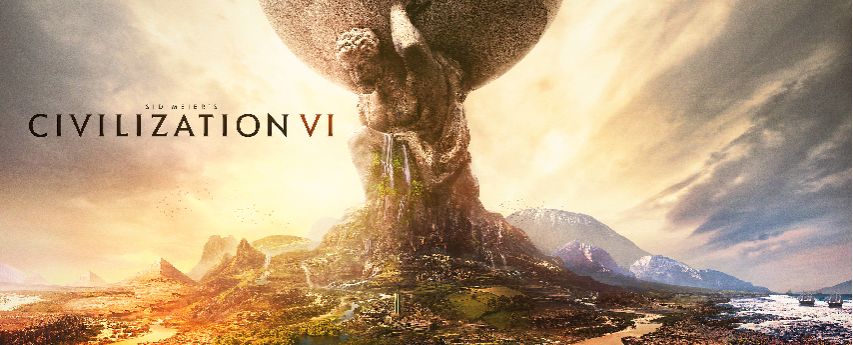Firaxis has announced the release date of the next version of Civilization, along with a number of changes to the game that may increase the challenge level (and disrupt the current “meta”):

In many ways, Civilization 6 takes its predecessors and iterates on the systems that have come before. There are changes being made to trade, research, religion and more. Based on the limited amount of information so far released, these changes seem to be incremental.
But there is also a big change coming. In previous Civ games, city improvements were mere statistical boosts or manufacturing gateways, rendered prettily with a slightly different artistic representation. You built a wall and your defenses improved and your city, quite clearly, became encircled by a wall. They lived within the city, outside your control.
Civilization 6 is not the same. It demands that you place your city improvements in geographic locations in hexes around the city, which best take advantage of that building’s boosts and functions.
This means that your city upgrade path is no longer a rote event. It is a matter of geographic practicality.
In Civ 5, combat changed significantly. But combat is merely a system, albeit an important one. In Civ 6, it’s the city itself — the throbbing organ of all Civ games — that is being altered.
The improvements you build in your cities will now actually need to be placed in the tiles surrounding your city and can derive benefits from the terrain if built in better or worse locations. This will probably place an even greater emphasis on finding the best possible spot to found a city, as the long-term growth and development will hinge to a much greater degree on the city’s hinterland than in earlier Civ games.
While I’ve certainly enjoyed the most recent game, I found myself very often following an informal “script” or template when playing Civ V, which Firaxis developers think they’re addressing in the new game:
Why has Firaxis decided to make this change to how cities are structured, to merge the building elements of the city with its surrounding geography?
“We want players to adapt to the map every time they play the game,” says lead designer Ed Beach. “We want people to think on their feet, to respond to being put in different types of terrain, to being put in situations while playing different leaders.”
He says that the “number one” problem the team has identified about Civ 5 is that players often settle on certain strategic paths, and they play the same way every time. For example, when I build cities, I’m almost always looking at Monument, Shrine, Granary, Library, Walls, Coliseum. I rarely change this formula, nor others theirs.
This is why Civ 6‘s cities are different. “It’s as big a change for the economic side of the game as unstacking the armies was with Civ 5,” says Beach. “We want to throw different things at the player at different times and make them have to adapt.”



